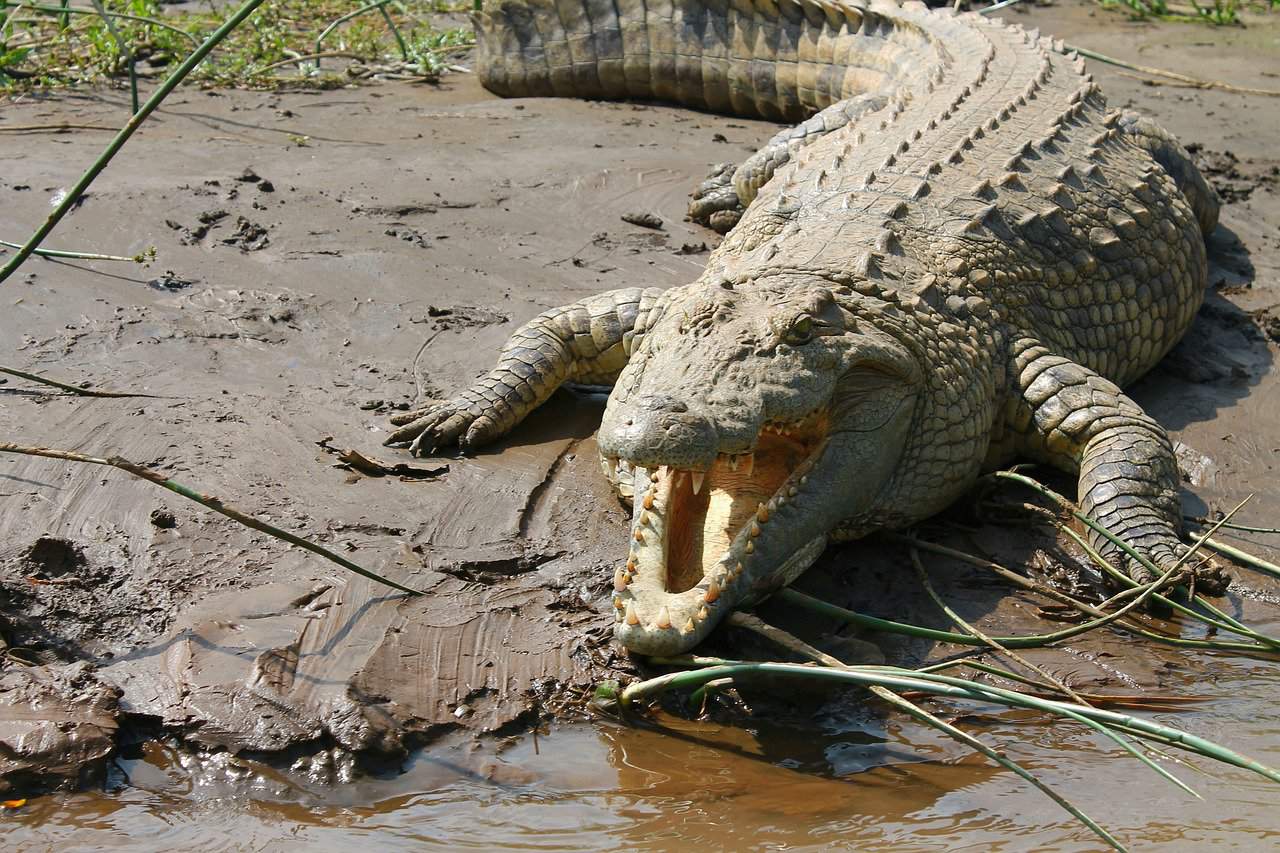The President of Costa Rica, Rodrigo Chaves, announced that he has discussed and analyzed the possibility of a crocodile hunting season with his team. Reports of attacks on people and pets have surfaced on social networks, with viral photos and videos showing these animals on various national beaches. In response, many have suggested that hunting crocodiles should be allowed.
However, studies by the National System of Conservation Areas (SINAC) and the National University (UNA) reveal that Costa Rica does not have an overpopulation of crocodiles, though the species has shown signs of recovery. National legislation and international treaties, to which Costa Rica is a signatory, do not permit the hunting of wild species. Despite this, the government’s discussions have raised concerns.
Experts warn that a hunting season would likely have unintended environmental consequences, potentially worsening the very issues it aims to address. “They depend on space, shelter, and food. If there is enough food, they reproduce; if not, they turn on each other. For example, females sometimes inhibit reproduction when resources are scarce,” explained Laura Porras, a biologist at the National University.
The province of Guanacaste would be particularly affected, as it is home to a large number of crocodiles that help maintain soil moisture. Without them, droughts could intensify. Another key role crocodiles play is controlling other species to prevent overpopulation.
Porras also noted that fewer crocodiles in rivers and lagoons would disrupt the balance of nutrients and minerals in both water and soil. She emphasized that the idea of hunting as a solution to the supposed overpopulation, or as a way to generate economic benefits through the sale of crocodile meat and skin, is unrealistic, particularly since Costa Rican law prohibits the sale of crocodile by-products.
Porras further stressed that Costa Rica should not follow practices used in other countries, such as the United States, where reptile populations are much larger. “When people suggest we adopt U.S. practices, I say, sure—except that Louisiana alone has 300,000 alligators. In Costa Rica, if we have 5,000 nationwide, that’s a lot,” she added.






